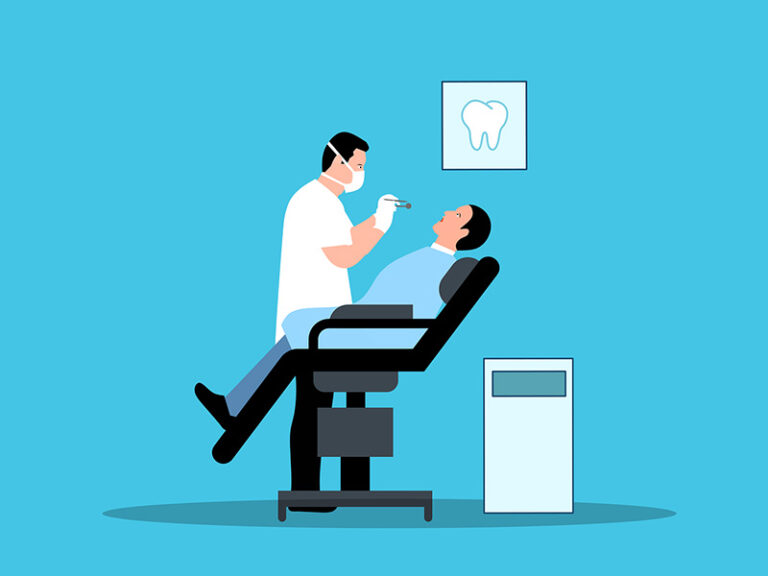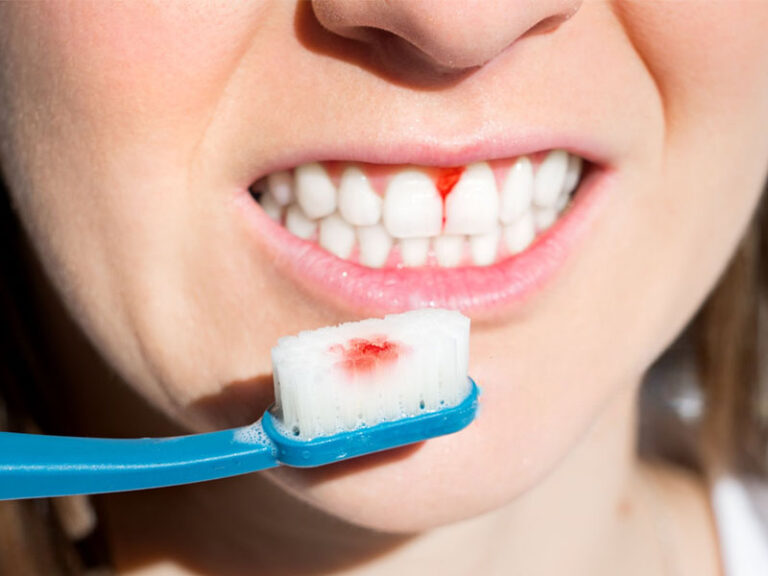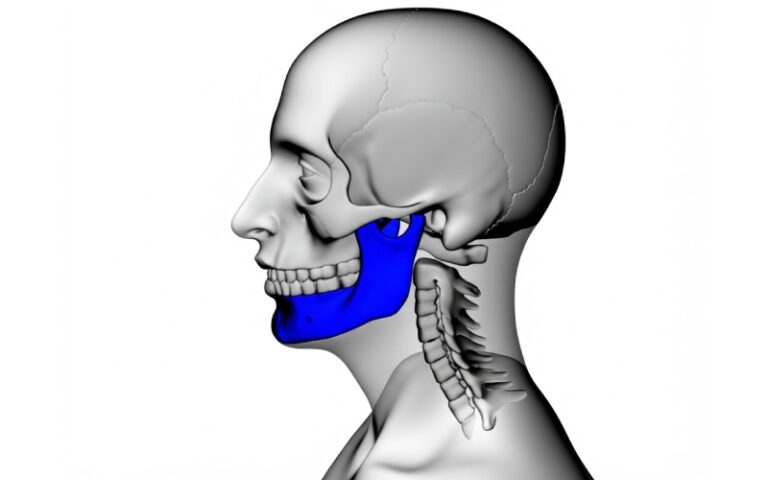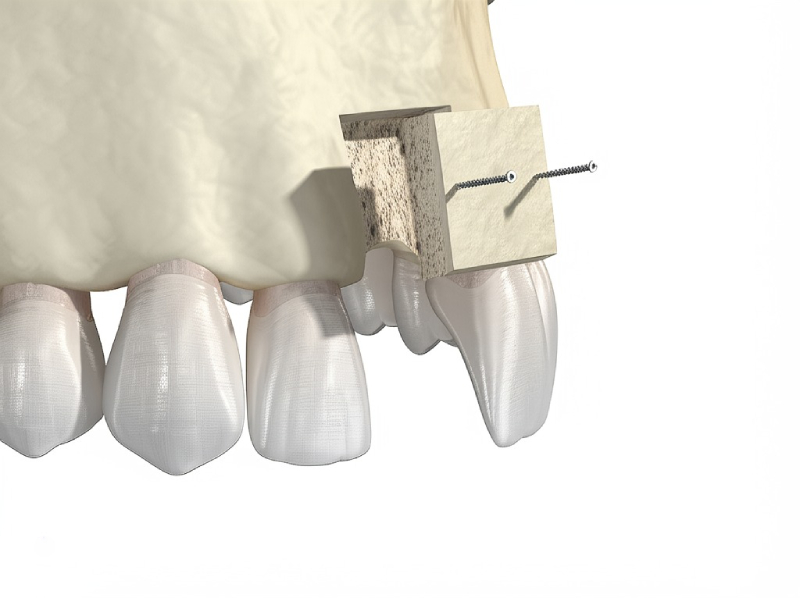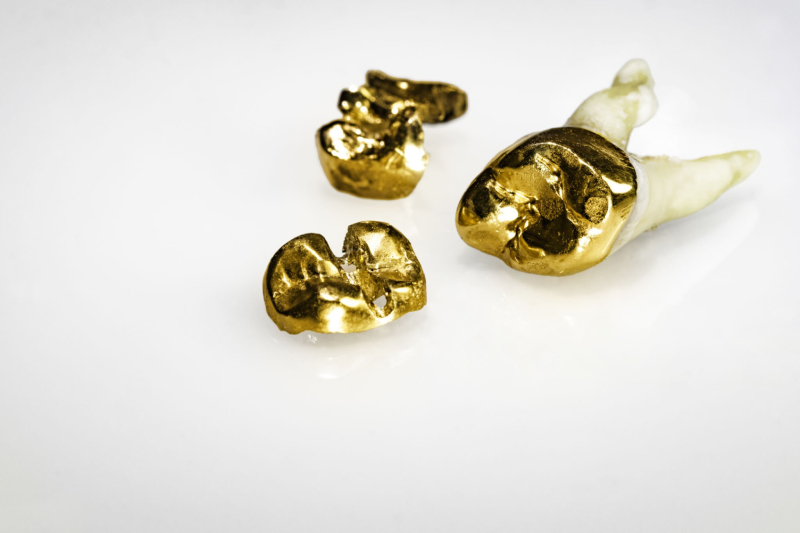
PFM Crown Longevity: High-Noble vs. Non-Precious Metal Alloys – A Simple Guide
Are you confused about which type of porcelain-fused-to-metal (PFM) crown metal will last you the longest? Trust me, you’re not the only one. After spending years helping people with their teeth—and being a dental patient myself—I’ve seen how this choice affects comfort, price, and even how people feel about their smiles. Today, I want to share what I’ve learned about how long PFM crowns last and whether high-noble or non-precious metals really give you the best deal.
Table of Contents
PFM Crowns: The Basics
When I started learning about fixing teeth, porcelain-fused-to-metal (PFM) crowns kept coming up. You can think of these crowns like undercover heroes. They have a tough metal inside with a tooth-colored outside. So, you get a strong tooth that still looks natural.
People have used PFMs in dentistry for decades. Even though we have new choices now like zirconia and all-ceramic crowns, PFMs still hang in there. They’re great for tricky dental problems or for folks who want something tough but not too pricey. From what I’ve seen, people who want crowns to last usually pick PFMs.
Why stick with old-school PFMs in a world full of new options? In my experience, PFM crowns strike a nice balance between toughness and looks, especially in the back of your mouth where you need extra strength.
What’s Under the Surface? Metal Types in Crowns
Let me tell you what’s actually inside that nice-looking porcelain: metal. And that’s where most of your big choices come in.
High-Noble, Noble, and Non-Precious: What’s the Difference?
PFM crowns use three main kinds of metal combos. Let’s break them down.
- High-Noble Alloys: These have at least 60% precious metals (like gold, platinum, or palladium) and at least 40% gold by weight. Gold is really top-notch for getting along with your gums and mouth.
- Noble Alloys: These have at least 25% precious metal, but they might use more palladium than gold or platinum. They still hold up okay against rust and everyday wear.
- Non-Precious (Base Metal) Alloys: These are mainly nickel-chromium (Ni-Cr), cobalt-chromium (Co-Cr), and sometimes a little molybdenum or beryllium. They’re not fancy, but they do the job.
The American Dental Association (ADA) and ISO keep these metals safe to use. Still, the metal type you choose makes a real difference in how your crown feels, looks, and lasts. Years ago, when I was getting my first crown, knowing about these choices helped me pick what was right for my mouth and my wallet.
What Makes a PFM Crown Last?
Why does one crown last for ages while another pops off or cracks too soon? Usually, it’s not just about the metal, though that counts too. Here’s what I’ve seen.
Patient Factors
Brushing and flossing are everything. Seriously. If you keep things clean, your crown will probably last much longer. Bad habits like chewing on pens, opening bags with your teeth, or grinding can put a crown through the wringer.
Your eating habits matter, too. Love candy or soda? They wear down both teeth and crowed teeth faster. Plus, health issues like diabetes or immune problems can slow healing and mess with your gums, which affects how long a crown stays put.
Dentist and Technique Factors
The difference between a solid crown and a dud often comes down to how careful your dentist is. What matters most?
- How well they shape your tooth before putting on the crown
- How carefully they take the impression (so it fits snug)
- Which glue they use and how they use it
- Making sure your bite lines up right
A little extra care at the start means way fewer headaches later.
Metal and Material
The metal you choose is a major factor. High-noble metals stick better to porcelain and won’t rust. Base metals are strong but sometimes don’t last as long. The ceramic part and how it’s put together also matter—thin or poorly-bonded layers can chip faster.
Where the Crown Is
Where your crown sits in your mouth also counts. For back teeth, where chewing is hardest, I recommend stronger metals. Up front, you want something that looks great.
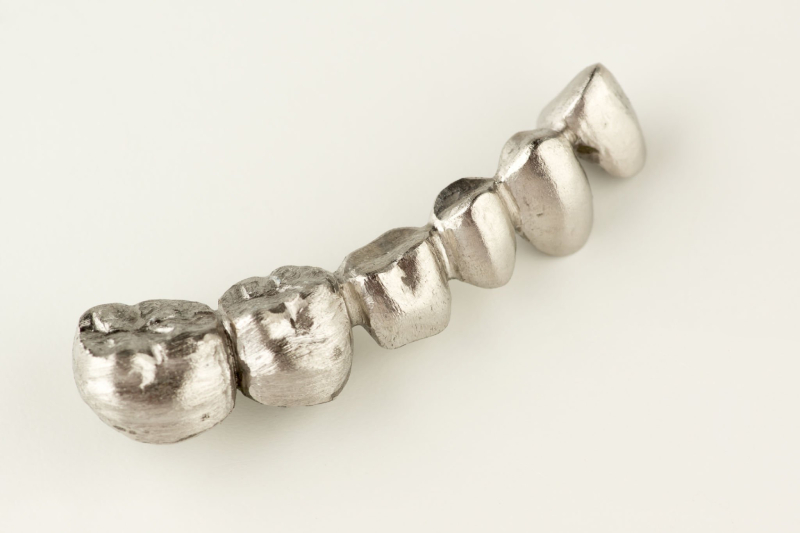
High-Noble Metal Alloys in PFM Crowns: Pros & Cons
Let’s talk about what I’ve noticed when using high-noble metals in PFMs.
What’s in Them
These metals (gold, platinum, palladium) are classics. They don’t rust, and they’re easy to work with. Gold, especially, bends and fits super well.
Benefits
- Gum-Friendly: I haven’t seen anyone have a bad reaction to a high-noble metal. Gums around these crowns usually stay happy and healthy.
- Tight Fit: Gold makes for castings that fit really well, keeping out bacteria and food.
- Look Good: Less chance of a dark line at your gum—these metals don’t turn colors easily.
- Easy to Adjust: If the dentist needs to tweak your crown later, it’s smoother.
Downsides
The price is the biggest problem. These metals cost more, and you’ll feel it. Some folks worry gold wears down other teeth, but that’s rare now. They’re also a bit heavier—though no one has told me the weight actually bothered them.
Non-Precious (Base Metal) Alloys in PFM Crowns: Pros & Cons
I won’t lie—base metals have their place, especially if you’re on a budget or need a huge bridge.
What’s in Them
Most use nickel-chromium or cobalt-chromium. Sometimes, they throw in beryllium. They’re tough as nails.
Benefits
- Lower Cost: If you need something affordable, non-precious metals help keep the bill down.
- Strong and Tough: Great for big bridges or areas that take a chewing beating.
- Lighter: Some patients say these feel lighter than gold.
Downsides
- Allergies: Nickel can give some people rashes or gum problems. I’ve had patients come back with irritated gums that got better when we switched to gold. Beryllium can be a problem, too, though it’s rare.
- Rusting: Base metals have gotten safer, but they can still rust a bit in some mouths. I’ve sometimes seen a gray line at the gum.
- Hard to Work With: These metals are harder, making fitting and adjusting a challenge.
- Looks: The darker color of base metals can sometimes peek out near your gums, especially if they pull back.
Which Lasts Longer? Comparing the Two
Over many years, I’ve seen both types of crowns last—but not always the same way.
Lifespan: The Numbers
Here’s what research and experience have shown me:
- High-Noble Alloys: Most last 10 to 15 years. I’ve seen lots go beyond 20 years. About 95% are still good at five years, and around 85% at ten years.
- Non-Precious Alloys: These do well at first—8 to 12 years is common. Some last longer, but I see more cracks and repairs with these. Five-year success is usually 90–96%, but at ten years, it drops to about 75–88%.
Why Crowns Fail
- Chipped or broken porcelain is the most common problem for both.
- Decay under the crown is an issue if you don’t brush well.
- Rust or allergies mostly happen with base metals.
One story that sticks with me: a man had three high-noble PFMs put in when he was about 40. Twenty years later, they still looked almost new. But another patient with a base-metal crown needed repairs after nine years due to some chips and staining.
Gum Health
High-noble metals rarely cause any gum trouble. Base metals, though—especially if someone’s allergic—sometimes cause redness or swelling.
How They Look
Crowns with high-noble metals tend to stay nice-looking longer. Base metal crowns can show a gray edge, but a skilled dentist and lab can help hide it.
Which Is the Better Deal?
“Buy cheap, buy twice” is true here. High-noble crowns cost more upfront but often last longer with fewer fixes. Cheaper crowns can cost you more in the long run if you need repairs. If you can afford it, I say go high-noble for fewer problems down the road.

Picking the Right One for You
So how do you know which metal is right? Here’s how I help patients—and myself—make this call.
When High-Noble Is Best
- You have a nickel allergy or sensitive gums
- It’s for a front tooth and you care about how it looks
- You want the crown to last as long as possible, and you can pay a bit more upfront
- Your gums are fussy or get irritated easily
When Non-Precious Makes Sense
- You need a big bridge and have to watch your budget
- You don’t have any metal allergies
- The crown goes on a back tooth where you don’t care about a tiny gray line
- Saving money matters most
I always talk through all this with my patients. Your health, comfort, habits, and wallet should all have a say.
How to Make Your Crown Last Longer
No matter how nice your crown is, it won’t last through neglect—speaking from experience here.
- Keep It Clean: Treat your crown like your real teeth, but with a little more care. Brush and floss every day, and things like water flossers really help.
- Dental Visits: Go see your dentist every six months. Catching problems early is way better than waiting.
- Night Guards: If you grind your teeth, get a night guard. I’ve seen great crowns break in no time due to night grinding—don’t skip it.
A little care goes a long way for both types of crowns.
Wrapping Up: Why PFMs Still Matter
Here’s what I’ve seen after years helping people protect and fix their teeth: PFM crowns—whether high-noble or base metal—are still a strong choice for fixing teeth. High-noble metals give you better gum-friendliness, they last longer, and they look better, but they do cost more. Non-precious metals are tough and affordable, but watch out for gum issues and some color at the gum line.
If you’re trying to decide, think about your budget, gum health, and how long you want your crown to last. Remember, no crown lasts forever without your help. In a world full of new dental materials, PFMs are old but gold (literally sometimes!) when you want something reliable.
And don’t be shy—ask your dentist what they’d do in your shoes. No one-size-fits-all answer exists, but with good info, you can pick a crown that keeps your smile sparkling for years to come.

